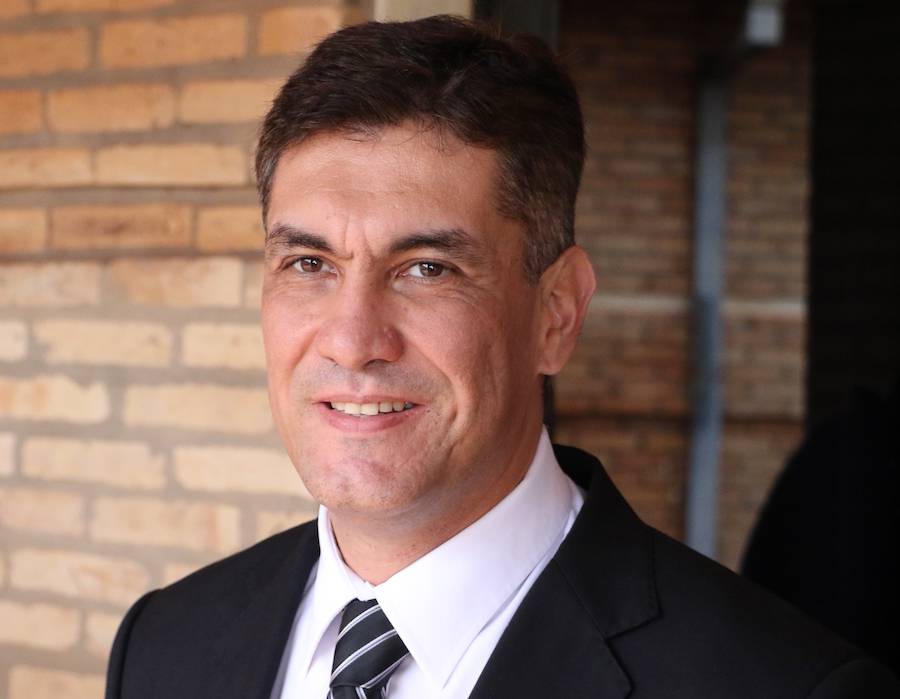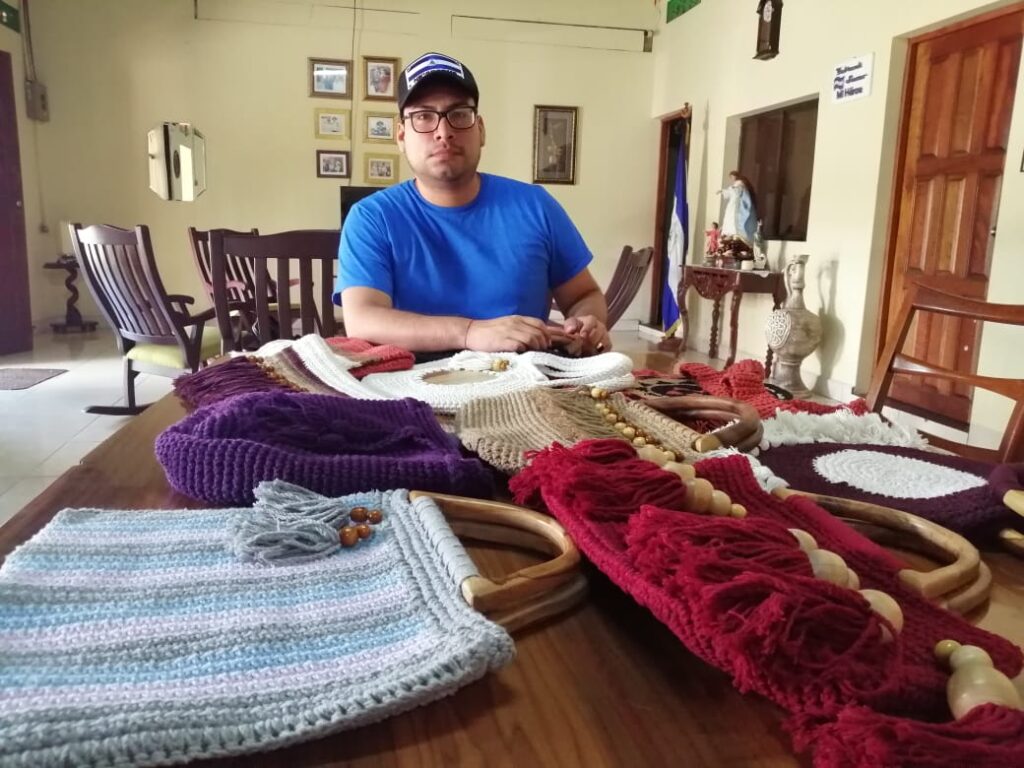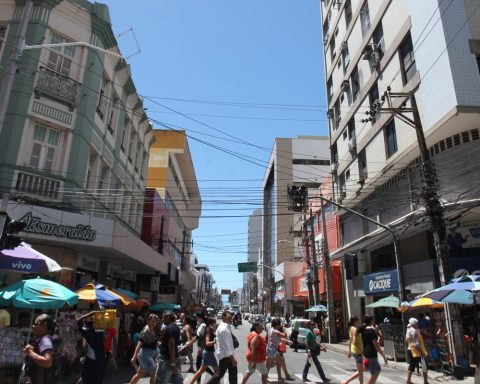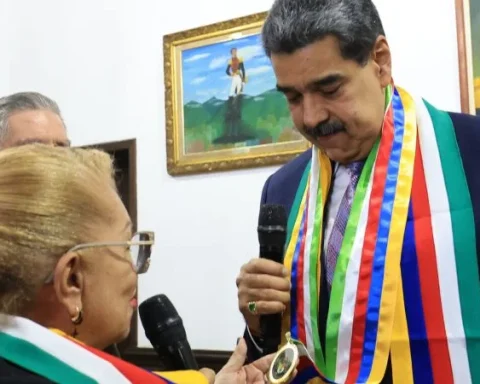The trial of Russia’s leading opposition figure Alexei Navalny – who is in prison and appealing a nine-year prison sentence for fraud – has been postponed to May 24, the court announced on Tuesday.
An hour after the start of the appeal hearing, the Moscow court announced that the process had been postponed to May 24, due to a request made by Navalni.
Navalni – who appeared at the hearing by videoconference, behind the bars of the cell where he is being held – said he wants to have access to the audio of the trial against him, to compare it with the records.
A Moscow court is due to hear the Russian opponent’s appeal of his nine-year prison sentence handed down in March on charges his supporters say are politically motivated.
The appeal coincides with a time when the Russian authorities are trying to silence what remains of the opposition and Moscow is carrying out a military operation in Ukraine, which has left thousands dead and nearly ten million displaced.
Navalni, one of the most prominent critics of Russian President Vladimir Putin, appeared before a court in March that extended his sentence to nine years on charges of fraud and contempt.
Dressed in a black prison uniform, Navalni said that he obtained the right to be visited by his family this Friday and that he does not want to miss this opportunity, so he asked to postpone the hearing.
“They are going to send me to a colony with a very severe regime,” said Navalni, since if this new sentence against him is confirmed, he will be transferred to a prison with fewer visitation rights.
This sentence would replace the two-year sentence he received in February of last year, so with the time he has already spent in prison, Navalni would have to spend another eight years in prison.
extremists
Under the new charges, investigators accuse Navalni of stealing millions of dollars for personal use from donations received for his political organizations.
Navalni gained notoriety with a blog denouncing corruption, and before being jailed he mobilized several protests across Russia.
In 2018 he tried to run for the presidency but was prevented from running in the election in which Putin secured a fourth term.
Despite his imprisonment, Navalni’s team continues to publish investigations into the wealth of Russian elites that rack up millions of views on YouTube.
In 2020, Navalni survived an attempted nerve toxin poisoning, but despite allegations, the Kremlin denies any responsibility for the attack.
After being treated in Germany, he returned to Russia in 2021 and was arrested despite widespread international condemnation and sanctions imposed by Western countries.
Following his arrest, political organizations linked to Navalni were declared “extremist” and banned, forcing many of their activists to flee the country.
Russia has stepped up pressure against independent media and non-governmental organizations, declaring them “foreign agents” and many of them have closed for fear of prosecution.
In an attempt to further control the information accessed by the local public, the authorities have blocked access to social networks such as Instagram, Facebook and Twitter.









